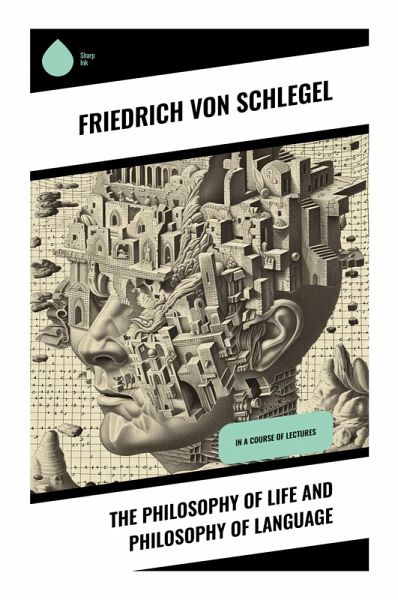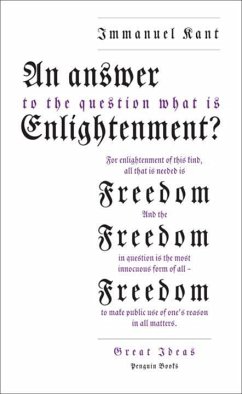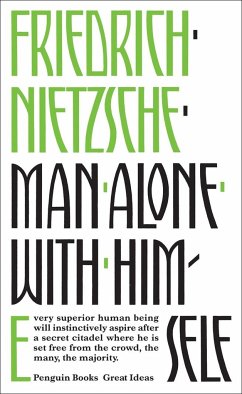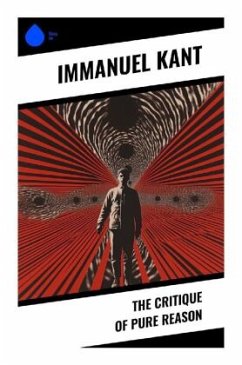
The Philosophy of Life and Philosophy of Language
In a course of lectures
Übersetzung: Morrison, A. J. W.
Versandkostenfrei!
Versandfertig in 6-10 Tagen
17,10 €
inkl. MwSt.

PAYBACK Punkte
0 °P sammeln!
Friedrich von Schlegel's "The Philosophy of Life and Philosophy of Language" presents a profound exploration of the interrelation between human existence and the structures of language. Schlegel employs a dynamic literary style that fuses Romantic idealism with critical analysis, contending that language is not merely a communicative tool but an embodiment of thought and cultural identity. Set against the backdrop of early 19th-century philosophical discourse, this work reflects the tensions between emerging existential ideas and the established rationalist paradigms, offering a nuanced view o...
Friedrich von Schlegel's "The Philosophy of Life and Philosophy of Language" presents a profound exploration of the interrelation between human existence and the structures of language. Schlegel employs a dynamic literary style that fuses Romantic idealism with critical analysis, contending that language is not merely a communicative tool but an embodiment of thought and cultural identity. Set against the backdrop of early 19th-century philosophical discourse, this work reflects the tensions between emerging existential ideas and the established rationalist paradigms, offering a nuanced view of how language shapes and is shaped by philosophical inquiry. Friedrich von Schlegel, a pivotal figure in the German Romantic movement, was deeply influenced by the intellectual currents of his time, including German idealism and the burgeoning field of linguistics. His experiences in literature, philosophy, and criticism positioned him to challenge prevailing notions about the function of language and its impact on human thought. Schlegel's unique perspective stems from a life steeped in the arts, and his engagement with both classical and contemporary philosophies informed his innovative arguments. This book is a must-read for scholars and enthusiasts of philosophy and linguistics alike. It invites readers to rethink their understanding of language and existence, weaving a rich tapestry of ideas that continue to resonate in contemporary discussions about self-expression and the nature of reality. Schlegel's work stands as a testament to the enduring importance of language in shaping both individual and collective identities.












